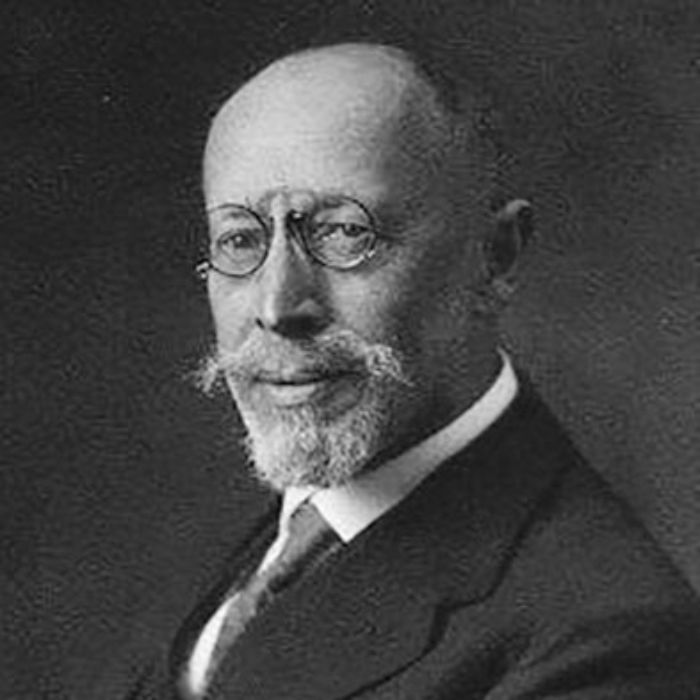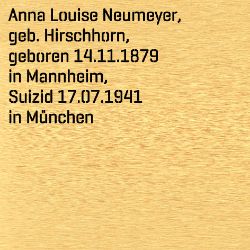Karl Neumeyer was born on September 19, 1869 in Munich to the Jewish merchants Leopold and Fanny Neumeyer. After studying law, he earned a doctoral degree in 1891 from the Ludwig-Maximilians-Universität. In 1901 he completed his habilitation thesis and from then on was a private lecturer at the law faculty. In 1926 – having reached the position of professor – he took over the direction of the Institute for Comparative Law. In 1931 the law faculty elected him Dean. Karl Neumeyer was highly respected both at home and abroad. He wrote numerous scientific essays and books, including “Das internationale Verwaltungsrecht”, a five-volume work on the international administrative law. Way ahead of his time, he also delved into international environmental law. In 1900 Karl Neumeyer married Anna Hirschhorn, who came from Mannheim. In 1901 their son Alfred was born, followed by Fritz in 1905. At first, the young family lived on Heßstraße across the street from the Neue Pinakothek museum, and in 1912 moved into their own house at Königinstraße 35 a, on the edge of the Englische Garten (English Garden). With the Nazi seizure of power, Karl Neumeyer was subjected to increasing degradations. In the summer semester of 1933, students boycotted his lecture on international law; the Ministry of Culture then banned it. A year later, Karl Neumeyer was forced to retire. Since he was no longer allowed to enter public libraries, he was limited to working in his private library and in the Abbey Library of the Saint Boniface monastery. Unlike his sons, his bother Alfred and many friends, Karl Neumeyer chose to remain in Germany. “I was born here, I grew up here, I have worked here and I will die here,” he insisted, as the sociologist Werner J. Cahnmann later recalled. When they learned that they would have to leave their home and that their library would be auctioned off, Karl and Anna Neumeyer decided to take their own lives. On July 17, 1941 they committed suicide together in Königinstraße 35a.(text Klaus Bäumler, editor C. Fritsche, translation T. Axelrod)






